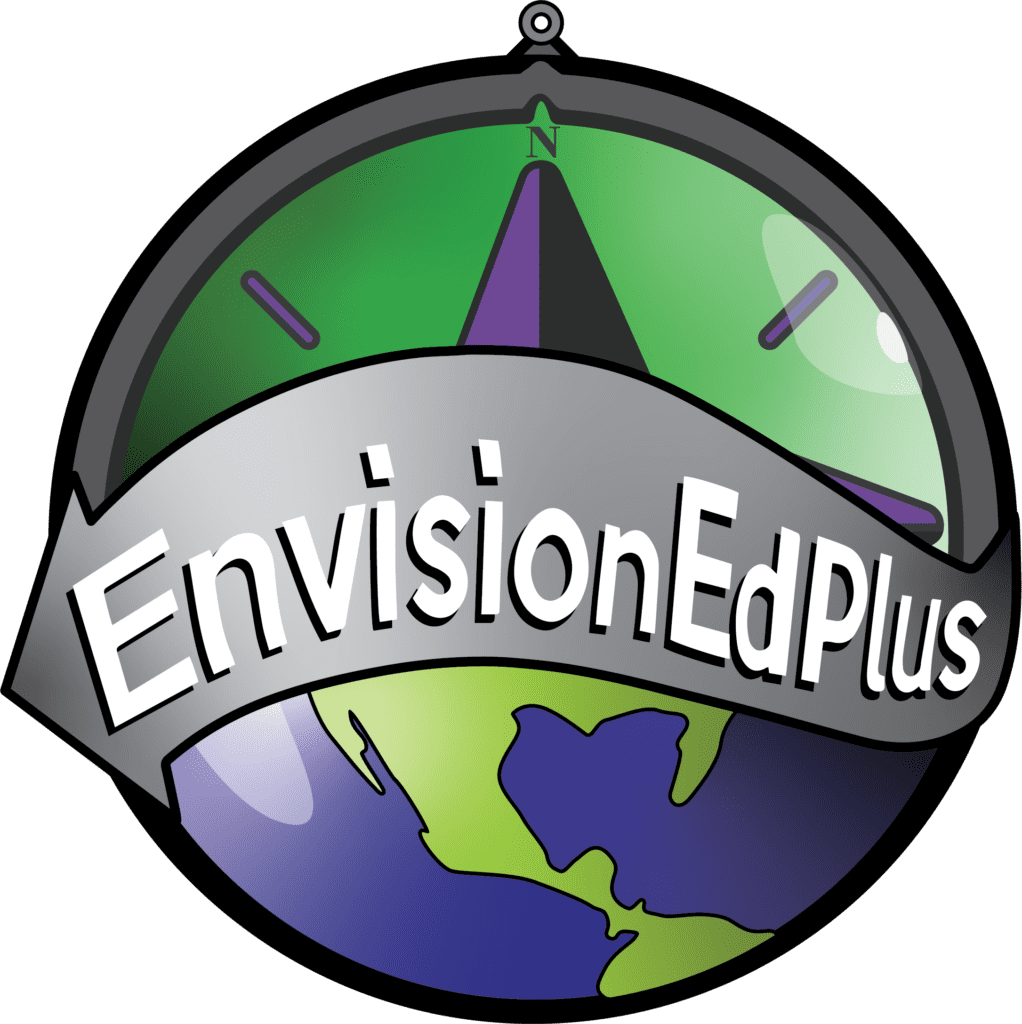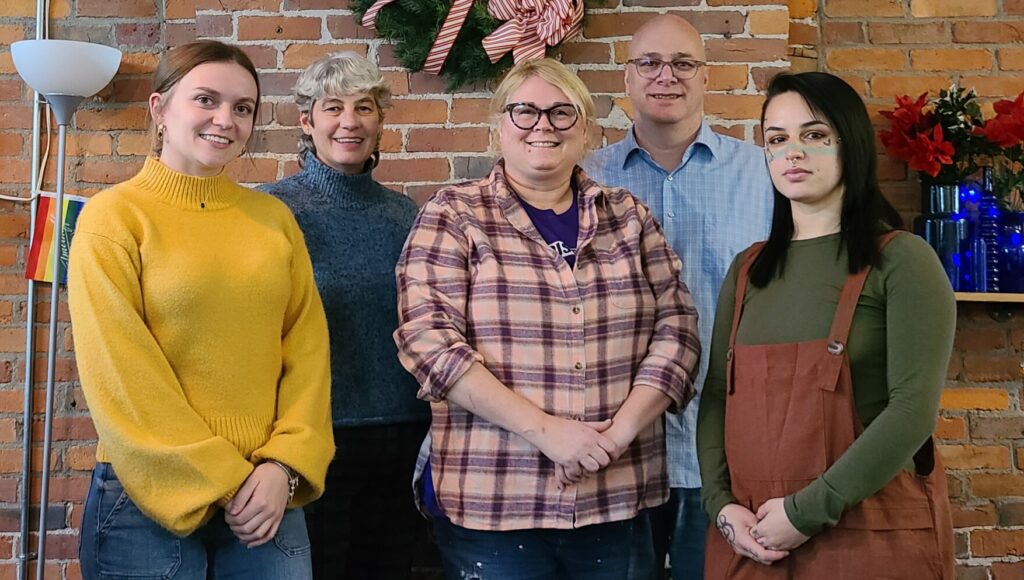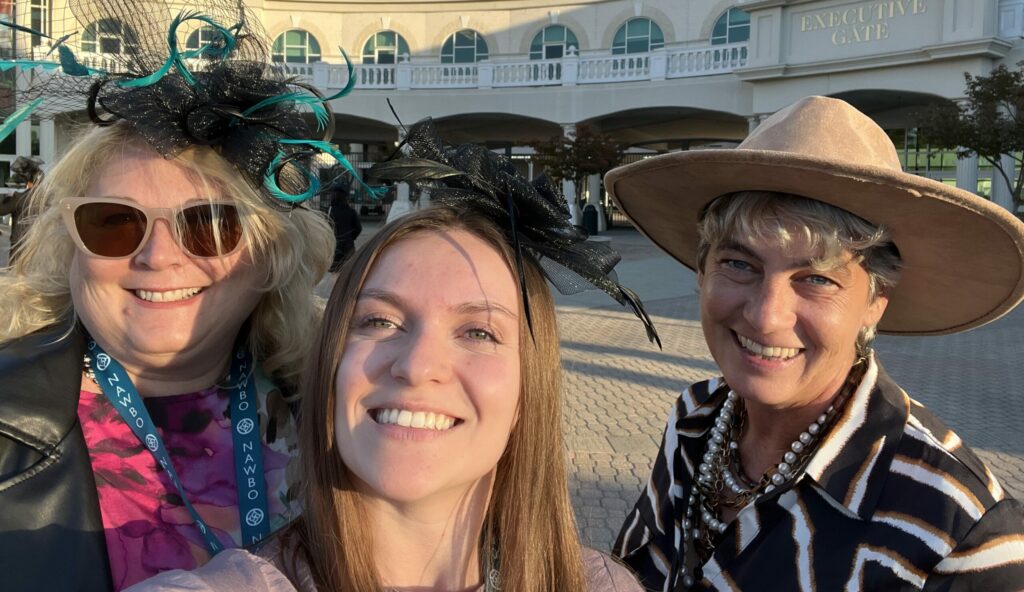 Over the next few months, Ohio Department of Education will be issuing RFPs (request for proposal) for three significant grant opportunities: Striving Readers Comprehensive Literacy Grants, 21st Century Community Learning Center Grants and the final round of Community Connector grants. Each of these grant opportunities require unique collaborations and significant local efforts to prepare competitive applications. In addition, they are all going to open in January/February with deadlines in March/April which may stretch the capacity of many districts and non-profits.
Over the next few months, Ohio Department of Education will be issuing RFPs (request for proposal) for three significant grant opportunities: Striving Readers Comprehensive Literacy Grants, 21st Century Community Learning Center Grants and the final round of Community Connector grants. Each of these grant opportunities require unique collaborations and significant local efforts to prepare competitive applications. In addition, they are all going to open in January/February with deadlines in March/April which may stretch the capacity of many districts and non-profits.
When situations like this arise our team is often consulted to help determine how best to focus limited human and fiscal resources. To poorly paraphrase Shakespeare for my ELA friends, to write or not to write, that is the question.
Below are some key questions we ask our partners to help determine whether to write for these grants.
Striving Readers Comprehensive Literacy Grants (Estimated open mid January & due mid March)
Striving Readers is the new federal grant ODE received this fall. Since it is a federal grant there are many ‘quirky’ aspects to consider before determining whether to write this grant. If you are not familiar with this grant, or just need a refresher, check out our November Striving Readers blog. Only districts and early childhood organizations that have a Reading Achievement Plan on file with ODE will be eligible to apply for these funds. Funds are to be used to significantly improve literacy skills for disadvantaged children birth through grade 12 and will be used over three year period.
Key Questions
- Does your district or early childhood organization have a Reading Achievement Plan (RAP)?
- If no, then you must complete one in order to be eligible to write for the grant.
- Does your district or early childhood organization serve a large number of disadvantaged children?
- If no, then in order to be competitive you must apply with other partners as a consortia. High quality applications will be ranked according to number of disadvantaged children served.
- Is the chosen intervention directly aligned to meet the needs of your children and aligned to your organization’s strategic plans?
- Does your chosen intervention meet the federal definition (from ESSA) of strong or moderate evidence base?
- Was your organization part of the Early Literacy Pilot? (Competitive preference will be given to these districts.)
- Is the effort to participate reasonable given the amount of funding requested?
21st Century Community Learning Center Grants (Estimated open February 1 & Due April 27)
21st Century (21CCLC) grants are start up funds to create and/or expand high quality before and/or afterschool programming for children who come “from economically disadvantaged families  and attend low-performing schools to receive academic supports. School districts, schools, community-based organizations, including faith-based organizations, institutions of higher education, city or county government agencies, for-profit corporations and other public or private entities are eligible for the 21st Century Learning Center grants†(ODE website). Elementary programs must operate at least 15 hours per week and middle/ high school programs must be at least 12 hours per week. All grants require strong partnerships between schools and community based organizations. Grants are up to $200K per year for 5 years.
and attend low-performing schools to receive academic supports. School districts, schools, community-based organizations, including faith-based organizations, institutions of higher education, city or county government agencies, for-profit corporations and other public or private entities are eligible for the 21st Century Learning Center grants†(ODE website). Elementary programs must operate at least 15 hours per week and middle/ high school programs must be at least 12 hours per week. All grants require strong partnerships between schools and community based organizations. Grants are up to $200K per year for 5 years.
Key Questions
- Does your program target children who are economically disadvantaged and who struggle academically and behaviorally in school?
- Do you have at least one very strong partnership? District applicants must have community-based partner. Community-based applicants must have district/school partner.
- Do you have organizational capacity to provide programming 12 – 15 hours per week, if funded?
- Will your program provide strong literacy and math interventions that are significantly different than instruction provided during the school day?
- Can you create systems so the school day staff and afterschool program staff can effectively collaborate to support children academically and social/emotionally?
- Can you create a plan to sustain the program beyond the 5-year start up grant?
Community Connectors Grant (Intent to Apply: 12/18/2017 – 2/2/2018. CCIP Opens: 2/5/2018. CCIP Closes: 3/16/2018)
The Community Connectors program targets students (grades 5-12) in low-performing/high-poverty schools. Only faith-based or non-profit organizations are eligible applicants, and they must partner with at least one school on the eligible schools list. While group mentoring is allowed, 1-1 mentoring must be a key aspect of the program. This is likely the last round of the grant, so new programs should be sustainable without grant funds by the end of the grant year. Match is required (1 local dollar for every 3 state dollars) and the maximum grant is $100,000 for one year. ODE has already started regional meetings, see our newly published blog for more information.
Key Questions
- Do you have a strong collaboration with the following required partners: faith-based organization, non-profit organization, business, eligible school?
- Would your mentoring program include significant opportunities for 1-1- mentoring?
- Does the leadeapplicant (faith-based or non-profit only) have capacity to manage a ‘reimbursement grant’?
- Does the applicant have the required access to ODE’s CCIP platform?
- If no, access can be requested at the above link. (Note: this link goes to Community Connector website which is not yet updated for the FY2019 grants. But information will eventually be at this link.)
- Can your program be sustainable at the end of this one year grant?
 If your organization can answer YES to each of the above questions, then submitting an application for that competition is likely to be worth the effort.
If your organization can answer YES to each of the above questions, then submitting an application for that competition is likely to be worth the effort.
The next decision is to determine local capacity to write the applications during the given time frame and ensure they are competitive. If your organization believes it is worth the effort, but you lack capacity to write the applications locally, EnvisionEdPlus can help. We offer outstanding grant writing services and discounts are available if we are working with your organization on more than one application. For more information contact Tricia Moore, director of Partnership and Outreach, by email or phone (614-357-4439).
~Michele Timmons, President ([email protected] or 614.893.7341)




